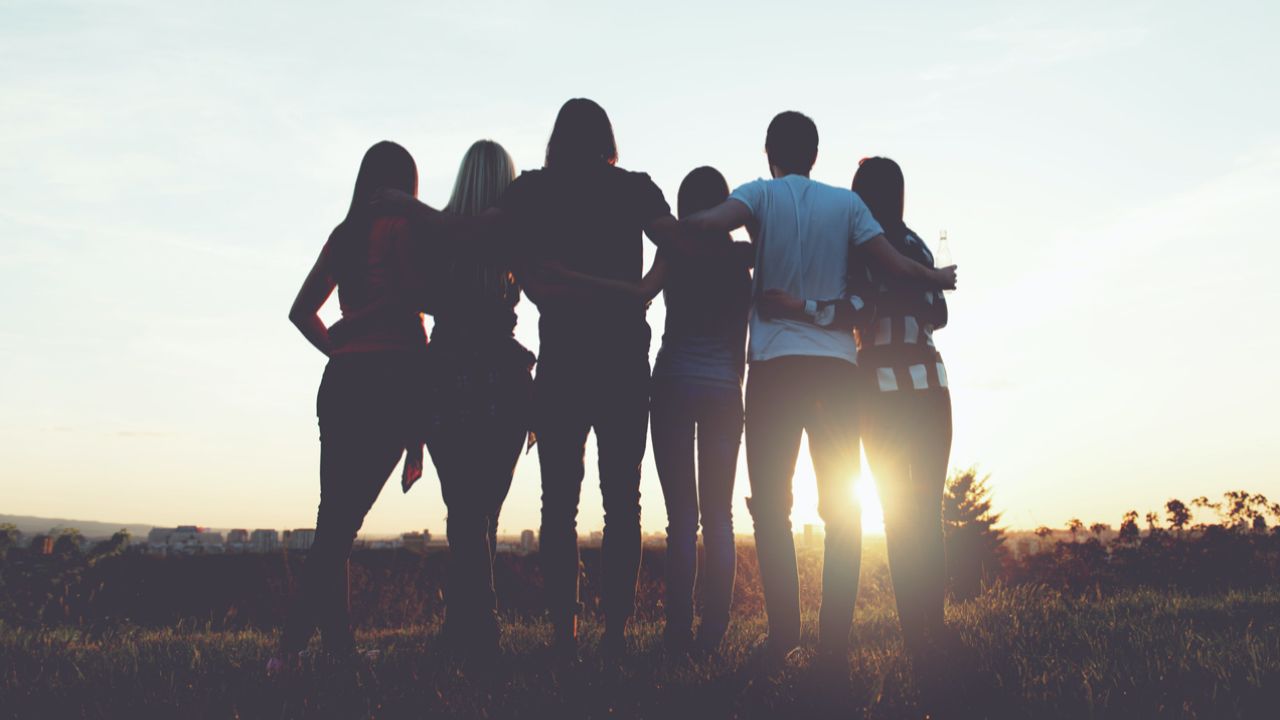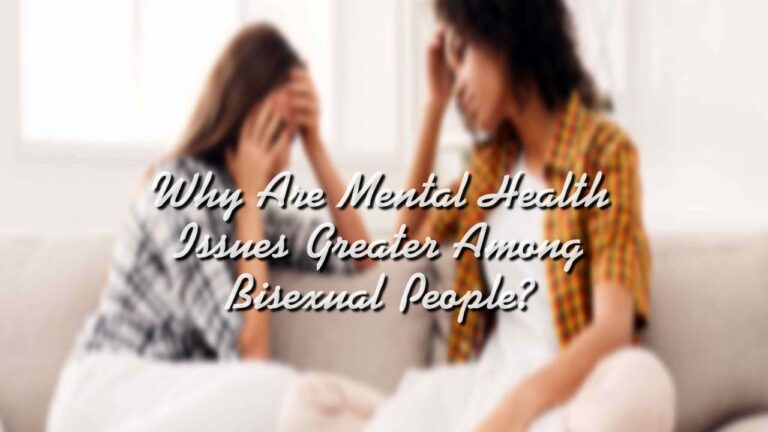In recent years, discussions surrounding mental health have become increasingly prevalent, shedding light on the unique challenges faced by various communities. Among them, bisexual people often find themselves on a difficult path of identity, social expectations, and discrimination. Understanding why mental health problems are more common among bisexual people requires a detailed study of the factors that contribute to this phenomenon. Read on for more information!
Social Stigma and Marginalization

One of the primary factors contributing to heightened mental health challenges among bisexual individuals is the pervasive social stigma and marginalization they face. Bisexuality is often misunderstood or invalidated, both within heterosexual and homosexual communities. This lack of acceptance can exacerbate feelings of anxiety, depression, and low self-esteem among bisexual individuals. It can also be caused by relationship difficulties, infertility problems, quarrels, etc. If your poor mental state is triggered by infertility problems, try infertility counseling from LunaJoy!
Bisexual Erasure and Invisibility
Bisexual erasure, the tendency to overlook or dismiss bisexuality as a valid sexual orientation, further compounds the mental health struggles of bisexual individuals. In many cases, bisexual individuals may feel invisible within both LGBTQ+ and mainstream straight-passing relationship communities, leading to a sense of alienation and disconnection. This erasure not only undermines the validity of their identity but also denies them access to crucial support networks.
Identity Confusion and Internalized Biphobia

Navigating a bisexual identity in a society that often privileges binary understandings of sexuality can lead to profound identity confusion and internalized biphobia. Bisexual individuals may grapple with feelings of shame or self-doubt, internalizing negative stereotypes and societal prejudices about bisexuality. This internalized biphobia can manifest as self-hatred or denial, further contributing to mental health issues such as depression, anxiety, and substance abuse.
Experiences of Discrimination and Violence
Bisexual individuals are disproportionately affected by discrimination and violence, both within and outside of LGBTQ+ spaces. Research indicates that bisexual people often face higher rates of harassment, bullying, and physical violence compared to their heterosexual and homosexual counterparts. These experiences of discrimination can have profound psychological repercussions, leading to trauma, PTSD, and heightened levels of stress and anxiety.
Lack of Accessible Resources and Support
Despite the prevalence of mental health issues among bisexual individuals, many face significant barriers when seeking support and resources. Traditional mental health services may not adequately address the unique needs and experiences of bisexual people, leading to feelings of frustration and alienation. Additionally, bisexual individuals may hesitate to seek help due to fear of judgment or discrimination from healthcare providers, further exacerbating their mental health challenges.
Thus, the higher prevalence of mental disorders among bisexual people is a multifaceted phenomenon, which is based on social stigma, discrimination, and systemic barriers to support. Addressing these challenges requires a concerted effort to raise awareness, promote acceptance, and provide accessible resources and support for bisexual individuals.
